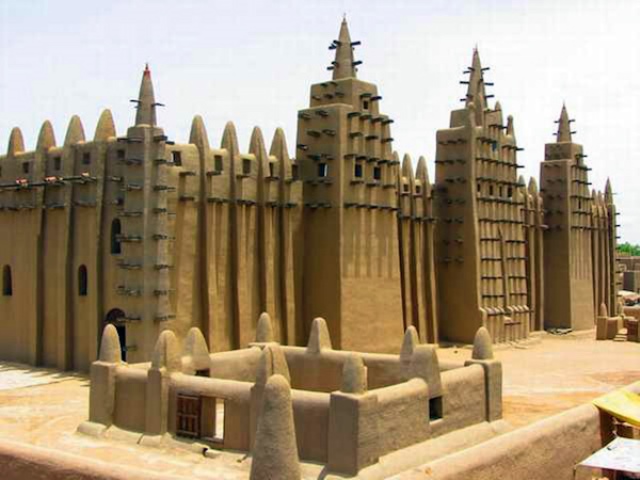Last Updated on March 22, 2023
Revolutionary movements have a way of transforming the course of history. The American, French, and Russian revolutions, each unique in their own right, set in motion a chain of events that shaped modern society as we know it.
From overthrowing monarchies to establishing democratic governments, these revolutions brought unprecedented changes to political systems, social structures, and economic principles.
Join me on a journey through these three revolutions, and discover how they continue to impact our world today.
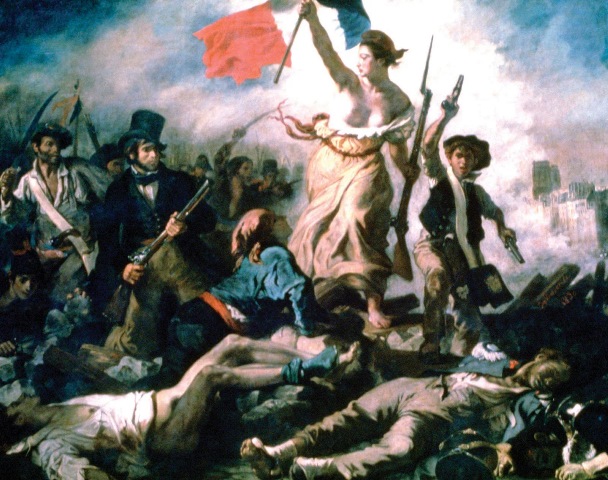
Revolutions and Their Impact on Society and History
Revolutions are sudden, fundamental, and often violent changes in the political, social, and economic structures of society. Various factors, such as economic inequality, political oppression, or cultural and ideological conflicts, can spark revolutions.
They often involve mass mobilization and popular uprisings against the existing authorities. This leads to overthrowing the old order and establishing a new one.
The impact of revolutions on history is immense. Revolutions have significantly shaped the modern world by bringing about profound changes to political systems, social structures, and economic principles.
They have challenged the existing power structures and introduced new ideas and values, such as democracy, human rights, and equality.
For example, the American, French, and Russian revolutions transformed the course of history and set in motion a chain of events that influenced the development of modern societies.
Revolutions have also inspired other movements worldwide. As such, these events lead to the spread of revolutionary movements that overthrow authoritarian regimes.
The American Revolution
The American Revolution established the United States of America and laid the foundation for modern democracy, human rights, and constitutionalism.
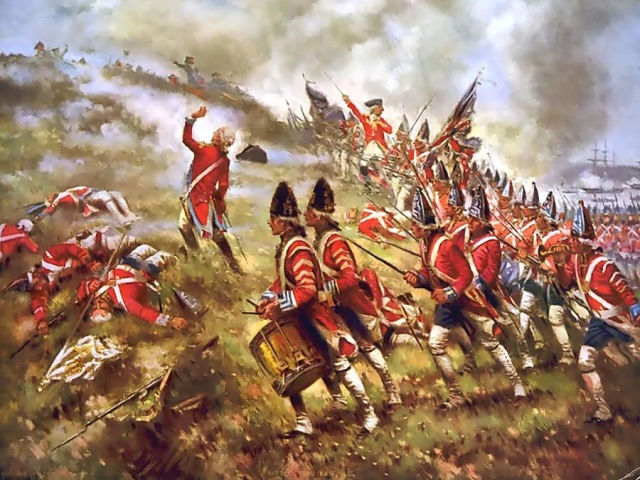
The causes of the American Revolution can be traced back to the 1760s when Britain began imposing various taxes and trade regulations on its American colonies. The colonies resented these actions and felt that their rights as British subjects were being violated.
In 1774, the colonies formed the First Continental Congress to protest against these measures. And by the following year, they had established a Continental Army to fight for their independence.
The American Revolution began in April 1775 with the Battles of Lexington and Concord.
In the following year, the Continental Congress adopted the Declaration of Independence, which asserted the colonies’ right to self-determination and declared their independence from Great Britain.
The war continued for several years, with notable battles such as Saratoga, Valley Forge, and Yorktown. In 1783, the Treaty of Paris was signed, recognizing the United States of America’s independence and ending the revolutionary war.
The impact of the American Revolution was profound. It marked the first time in modern history that a colonial power was defeated by its subjects.
In addition, it paved the way for the establishment of other democratic governments around the world. The revolution also established the principles of constitutionalism, whereby power is limited by a written constitution and the protection of individual rights, such as freedom of speech and religion.
The American Revolution also significantly impacted the new nation’s economic and social structures, leading to the development of a capitalist system and the abolition of slavery.
Read: The American Revolution: From Colonies to Nationhood
The French Revolution
The French Revolution was a period of profound social and political upheaval in France that lasted from 1789 to 1799. It was a significant moment in European history, as it marked the end of the Bourbon monarchy and the beginning of the French Republic.
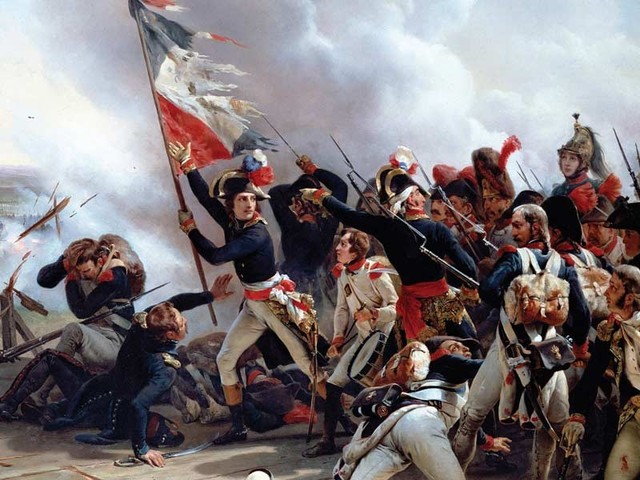
Political, social, and economic factors triggered the French Revolution. France was facing a severe financial crisis due to the cost of war and the extravagance of the court of King Louis XVI. The common people were burdened with high taxes, and the country faced food shortages, leading to widespread social unrest.
The revolution officially began on July 14, 1789, with the storming of the Bastille, a prison in Paris that symbolized the oppressive rule of the monarchy. This event sparked a wave of popular uprisings throughout France, with peasants and workers demanding an end to feudalism and establishing a democratic government.
The French revolution led to the establishment of the First French Republic in 1792 and the execution of King Louis XVI and his queen, Marie Antoinette.
Additionally, the revolution witnessed the Reign of Terror, a period of violent repression against perceived enemies of the revolution, which led to the execution of thousands of people.
The impact of the French Revolution was life-changing. It established the principles of liberty, equality, and fraternity, which became the basis of modern democracy. The revolution also led to the establishment of a secular state, the adoption of the metric system, and the introduction of civil rights and freedoms.
France’s Revolution inspired other revolutionary movements worldwide, such as the Haitian Revolution. This further led to the establishment of the first independent black republic in the world.
The Russian Revolution
The Russian Revolution was a series of political and social events in Russia from 1917 to 1922. These events ultimately led to overthrowing of the Russian monarchy. And it also led to the world’s first socialist state, the Soviet Union.
The causes of the Russian Revolution can be traced back to the late 19th century when Russia was experiencing rapid industrialization and economic growth.
However, these changes were accompanied by social and political unrest, as the working class and peasantry were exploited and oppressed by the ruling class. Additionally, Russia’s involvement in World War I and a series of military defeats intensified these problems and led to food shortages and civil unrest.
The revolution began in February 1917 with a series of demonstrations and protests in Petrograd (now St. Petersburg), eventually leading to Tsar Nicholas II’s abdication.
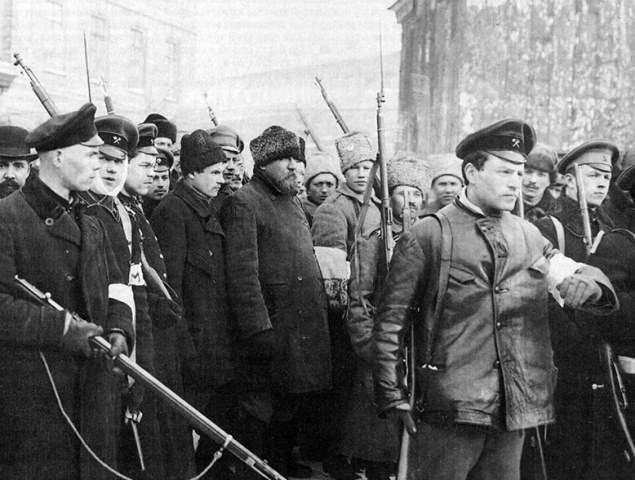
A provisional government was established, but it failed to address the pressing needs of the Russian people. This led to the rise of the Bolshevik Party, led by Vladimir Lenin, which sought to overthrow the provisional government and establish a socialist state.
In October 1917, the Bolsheviks successfully carried out a coup d’etat and seized power in Petrograd. They established the Soviet government, which immediately began implementing a series of radical social and economic reforms. These included the nationalization of land, the abolition of private property, and the establishment of collective ownership.
The establishment of the Soviet Union profoundly impacted world politics and led to the spread of communism throughout the 20th century.
However, these reforms also came at a cost, as political repression, censorship, and violence became commonplace under the Soviet regime.
Comparison and Contrast of the Three Revolutions
The American, French, and Russian Revolutions were significant events in world history, as they marked major turning points in their respective societies’ political and social structures. Although these revolutions took place in different times and places, they share many similarities and differences.
Similarities Between Revolutions That Shaped Modern Society
- Grievances against the ruling class sparked all three revolutions. In the case of the American Revolution, colonists felt their rights as British subjects were violated. In the French Revolution, the aristocracy exploited and oppressed the working class and the peasantry. And in the Russian Revolution, the working class and peasantry were oppressed by the monarchy and the bourgeoisie.
- All three revolutions sought to establish a new social order based on equality and freedom. The American Revolution established a democratic government, the French Revolution sought to establish a republic, and the Russian Revolution established a socialist state.
- The revolutions involved the use of violence to overthrow the ruling class. In the American Revolution, colonists fought a war against British troops. In the French Revolution, the guillotine was used to execute aristocrats and enemies of the revolution. And in the Russian Revolution, the Bolsheviks carried out a coup d’etat and seized power through force.
Differences Between the Most Popular Revolutions That Transformed Society
- The American Revolution was primarily a war for independence, while the French and Russian Revolutions were mostly political and social. The American Revolution sought to establish a new nation separate from Britain, while the French and Russian Revolutions sought to transform their societies fundamentally.
- The American Revolution was primarily fought on the battlefield, while the French and Russian Revolutions involved mass executions and political repression.
- Finally, the American Revolution established a democratic government based on individual rights, while the French Revolution established a republic based on the principle of popular sovereignty. The Russian Revolution established a socialist state based on the principle of collective ownership.
Before you go…
Hey, thank you for reading this blog to the end. I hope it was helpful. Let me tell you a little bit about Nicholas Idoko Technologies. We help businesses and companies build an online presence by developing web, mobile, desktop, and blockchain applications.
We also help aspiring software developers and programmers learn the skills they need to have a successful career. Take your first step to becoming a programming boss by joining our Learn To Code academy today!
Be sure to contact us if you need more information or have any questions! We are readily available









